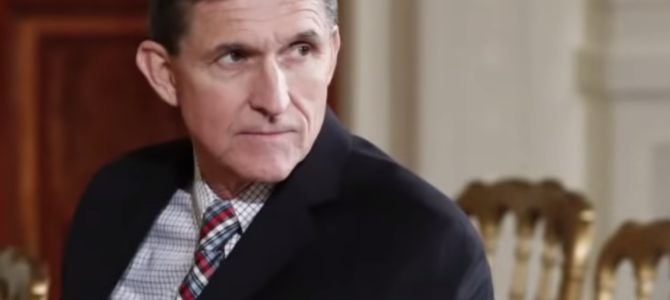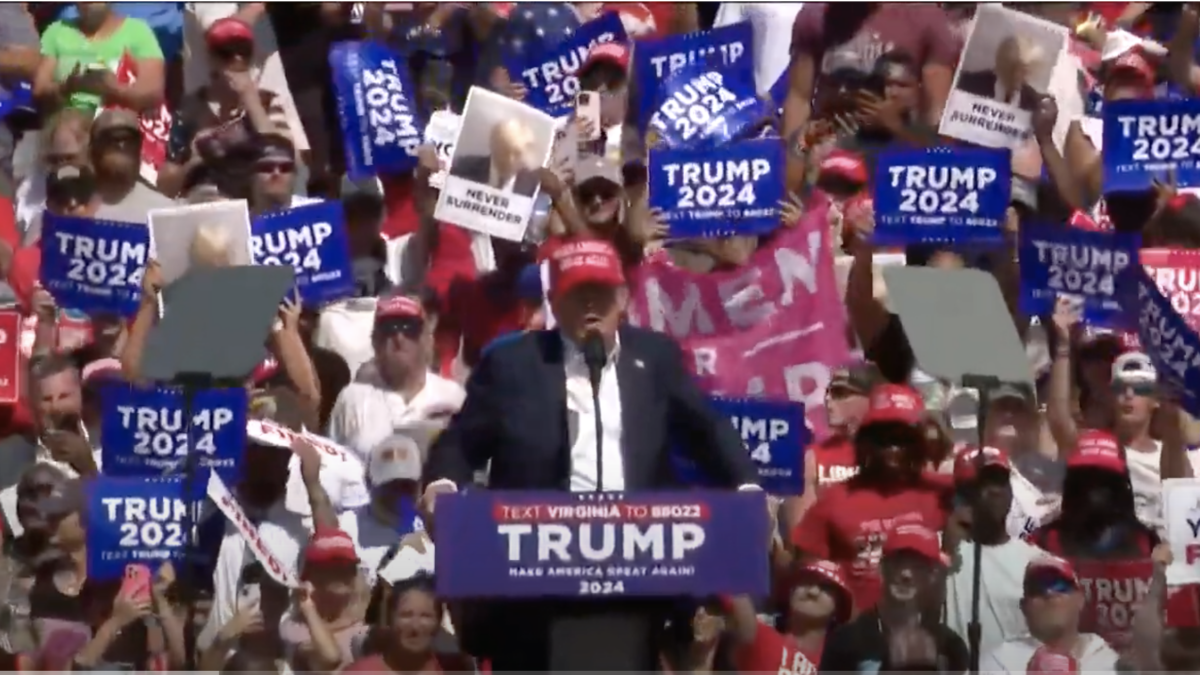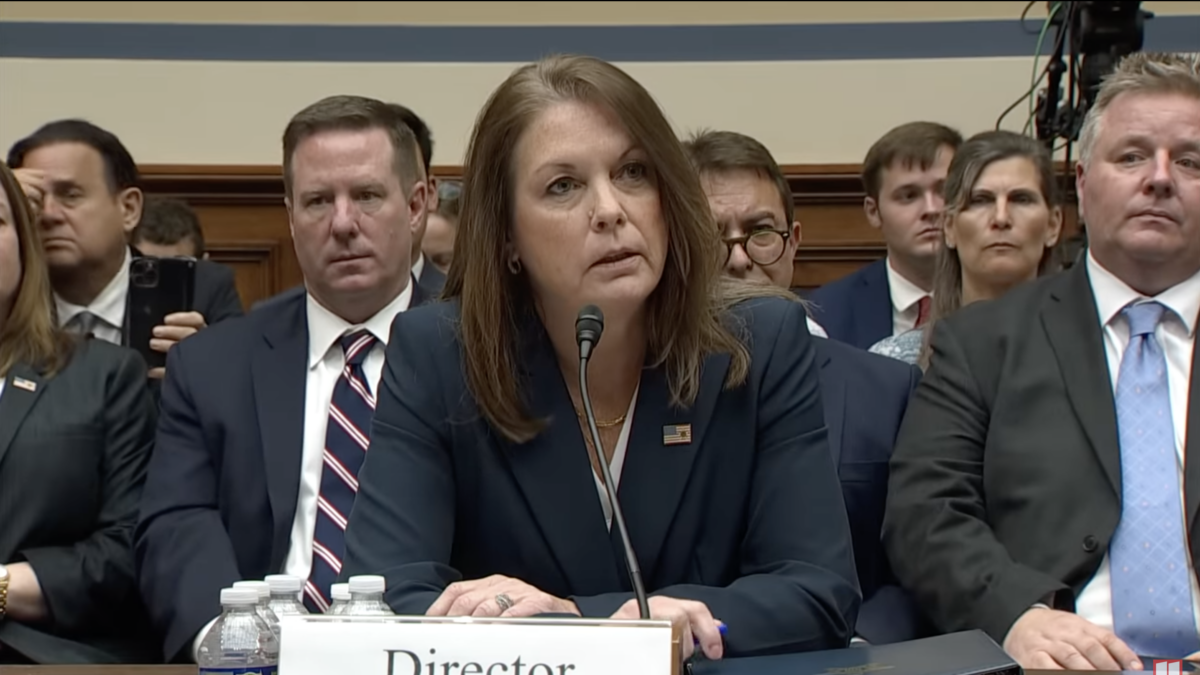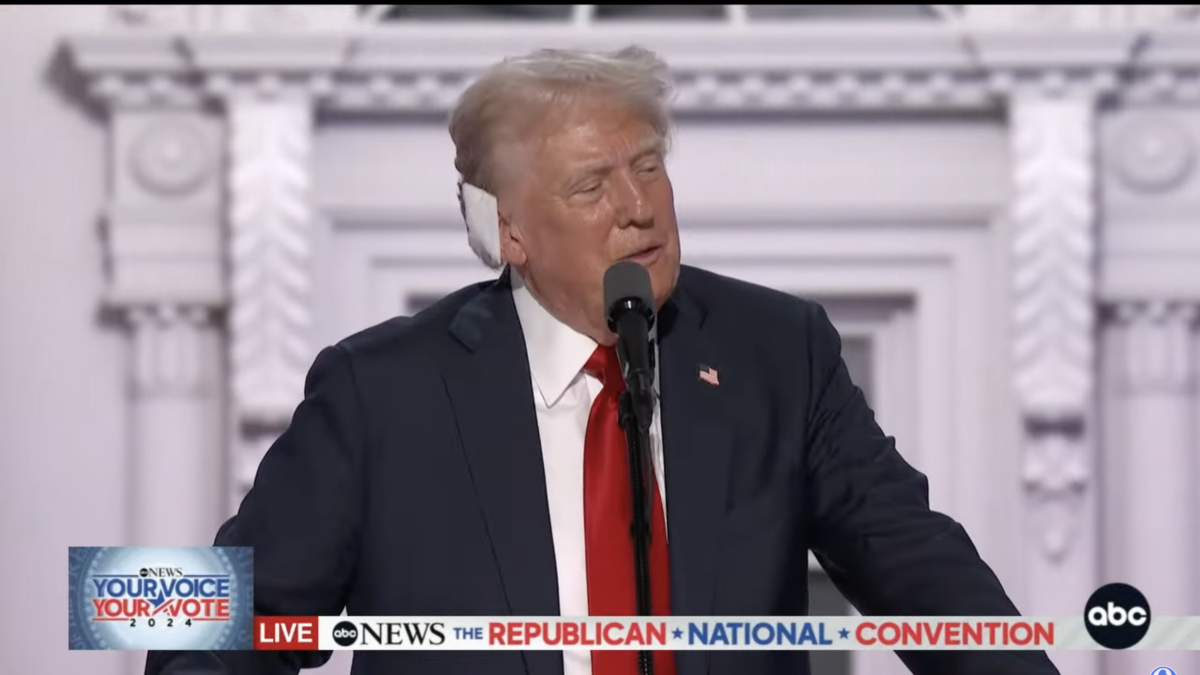
The furor over U.S. Department of Justice leaders openly intervening in the Roger Stone prosecution to overrule line prosecutors’ sentencing recommendation has led some commentators to report that Attorney General William Barr may have played a role in the government’s shifting sentencing recommendations for retired Lt. Gen. Michael T. Flynn.
In Flynn’s case, prosecutors have twice reversed course on their sentencing recommendation. The latest reversal in the government’s position, however, was more likely caused by the line prosecutors’ own mistake in changing position in the first instance than because Barr is attempting to help Flynn.
To set the stage: The government originally recommended probation for Flynn a year ago. Recently, however, the government reversed course and recommended a jail sentence but soon reverted back to its original position. Flynn’s counsel has now filed two separate motions seeking to withdraw his guilty plea. One is based on his former lawyers having a conflict of interest in his case. The other is on the ground that the government breached his plea agreement by changing its sentencing recommendation.
The withdrawal of a guilty plea in federal court is a difficult legal maneuver in a simple case, which this case surely is not. Withdrawing a plea is only possible with the approval of the judge. Guilty pleas are designed to be final, and withdrawing them is discouraged by the relevant case law, which includes factors for the judge to consider, including how soon after the plea the person tries to withdraw it.
Judges question defendants closely when they enter guilty pleas (1) to confirm the defendant is guilty and is not being misled or railroaded and (2) to establish a record that will prevent the defendant from later withdrawing the plea by asserting innocence or contending that there was some defect in the plea proceeding.
How the Santobello Rule Affects Flynn’s Case
Plea agreements function like written contracts in criminal cases, and the courts enforce them. Where the terms of a plea agreement are ambiguous or uncertain, they are interpreted against the government because of the unequal bargaining power between the two parties.
In 1971, the Supreme Court decided in Santobello v. New York that if the government breaches a plea agreement, a defendant can ask to withdraw his guilty plea without having to satisfy the other factors that normally apply to a request to withdraw it. This is because public confidence in the justice system demands the government keep its word.
If the government does breach the agreement, the Supreme Court has said there are two possible remedies. One is “specific performance,” which means requiring the government to carry out what it promised. The other is permitting the defendant to withdraw the guilty plea. The appropriate remedy may vary from case to case, and the trial judge decides at his discretion. Interestingly, if the trial judge elects to hold the government to its promises in the plea agreement, the case must be transferred for sentencing to a new judge who has not been tainted by the government’s breach.
Flynn may well be able to take advantage of the Santobello rule. He pled guilty to making a false statement to the FBI about a telephone conversation he had with the Russian ambassador, but his plea papers also included “relevant conduct,” which is additional criminal conduct the court can consider at sentencing.
The “relevant conduct” in Flynn’s case was that he made false statements in filings under the Foreign Agents Registration Act (FARA) submitted on behalf of a company run by Flynn and his business partner, Bijan Rafiekian. The plea agreement also gave Flynn a chance to reduce his possible sentence by “co-operating” with the government, including by testifying against Rafiekian.
The Government Seeks a Harsher Sentence for Flynn
Flynn initially appeared for sentencing in December 2018, and the government recommended probation for him. The government agreed a two-level reduction in Flynn’s offense level was appropriate based on his “acceptance of responsibility,” which would reduce his offense level from six to four. The great majority of defendants with this offense level receive probation.
The government also praised Flynn’s cooperation and filed a “departure motion” based on its view that Flynn had provided substantial assistance in the investigation and prosecution of other people. Such motions can be a huge boon for a defendant. They enable the court to further reduce the sentencing levels and therefore to impose a lighter sentence. Since Flynn was already at a low level, the real importance of the departure motion was to reinforce to the judge that the government thought Flynn deserved a light sentence.
Notwithstanding these signals, Judge Emmet Sullivan condemned Flynn’s behavior during the December 2018 sentencing proceedings. Some observers thought he was prepared to impose a jail sentence on Flynn and was cautioning Flynn that he might want to fully complete his co-operation before sentencing. Ultimately, Sullivan agreed to postpone the sentencing so Flynn could do so.
In June 2019, Flynn engaged new lawyers and has contended he did not realize the FARA statements were false when the filings were made, something required to make the statements criminal. Before Rafiekian’s trial, Flynn balked at testifying that he knew the FARA filings were false at the time they were submitted.
The government believes Flynn admitted to making false FARA statements in the Statement of Offense in his plea papers. Consequently, the government dropped Flynn as a trial witness and was outraged by what it viewed as Flynn’s about-face on his obligation to cooperate in Rafiekian’s prosecution.
On Jan. 7, 2020, in preparation for Flynn’s rescheduled sentencing, the government filed a “supplemental” sentencing memorandum that attacked Flynn’s new position about the FARA filings and his failure to testify in Rafiekian’s case. The government’s memo purported to withdraw (1) its recommendation that he receive probation, (2) its agreement that he get a two-level reduction for accepting responsibility, and (3) its “departure motion” on Flynn’s behalf. Effectively, this memo was asking for jail time rather than probation.
Significantly for Flynn, however, the government’s effort to withdraw the departure motion enables Flynn to ask to withdraw his guilty plea under the Santobello rule. This is because some federal appellate courts have ruled that the government may only withdraw a departure motion if the plea agreement specifically reserves the right to do so. Flynn’s agreement does not include that provision.
Did the Government Breach the Plea Agreement?
This misstep creates an opportunity for Flynn to assert that the government breached its obligations under the plea agreement. Flynn’s counsel promptly filed a motion Jan. 14, 2020, seeking to withdraw his plea on that basis. If Sullivan finds that the government breached the plea agreement, Flynn would be entitled under Santobello either to withdraw his plea or to have his case reassigned to a new judge for sentencing.
The Santobello argument is in addition to the argument that Flynn should be allowed to withdraw his plea because his prior attorneys had a conflict of interest and didn’t effectively represent him in connection with the plea. This argument is less complex to prove and far less controversial than the conflict-of-interest argument.
The prosecutors seem to have realized the problem promptly. A mere seven days after changing course to ask for jail time, they provided a letter to the defense reversing course again, claiming probation was once again a reasonable sentence for Flynn.
Although it’s certainly possible DOJ management didn’t like the shift to a harsher sentencing recommendation for Flynn, it is equally if not more plausible that the government’s quick flip back is a result of the prosecutors realizing they had created a problem for themselves under Santobello. The prosecutors had significantly weakened their position and greatly increased the likelihood that the judge would let Flynn withdraw his plea.
From a prosecutor’s perspective, it would be better to preserve the plea and get Flynn sentenced — even to probation — than risk the judge permitting Flynn to withdraw his plea.









